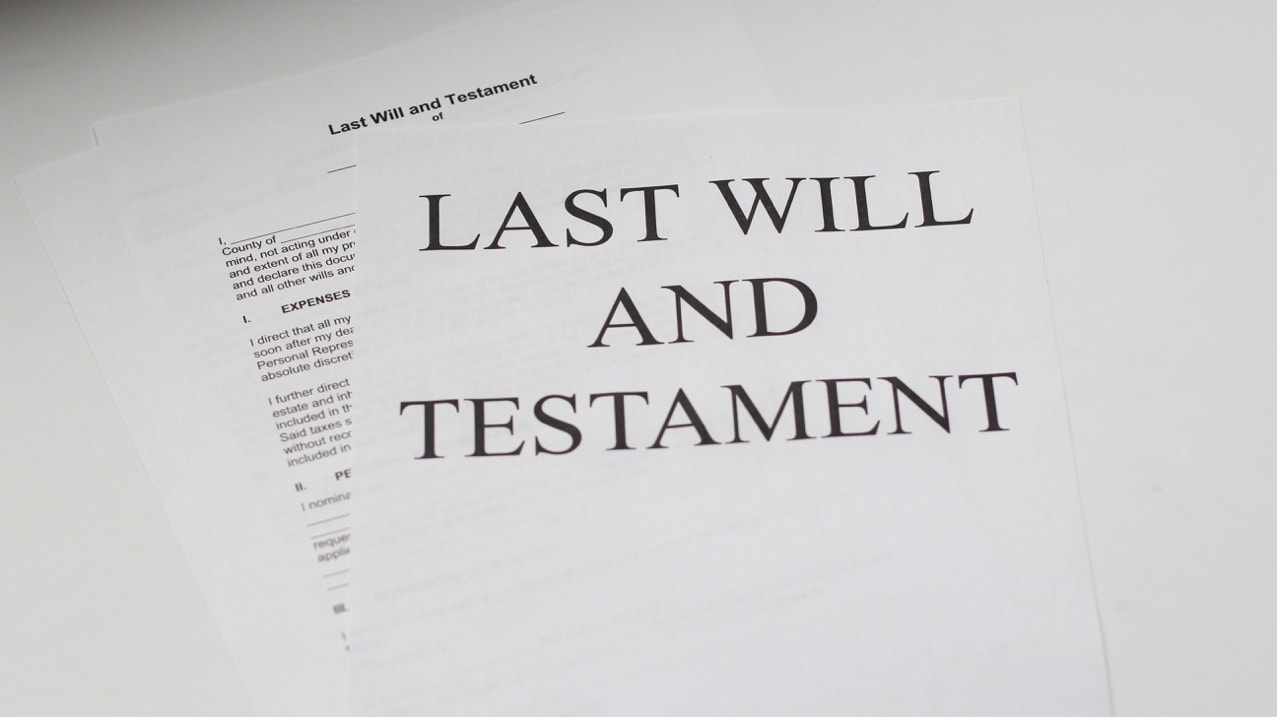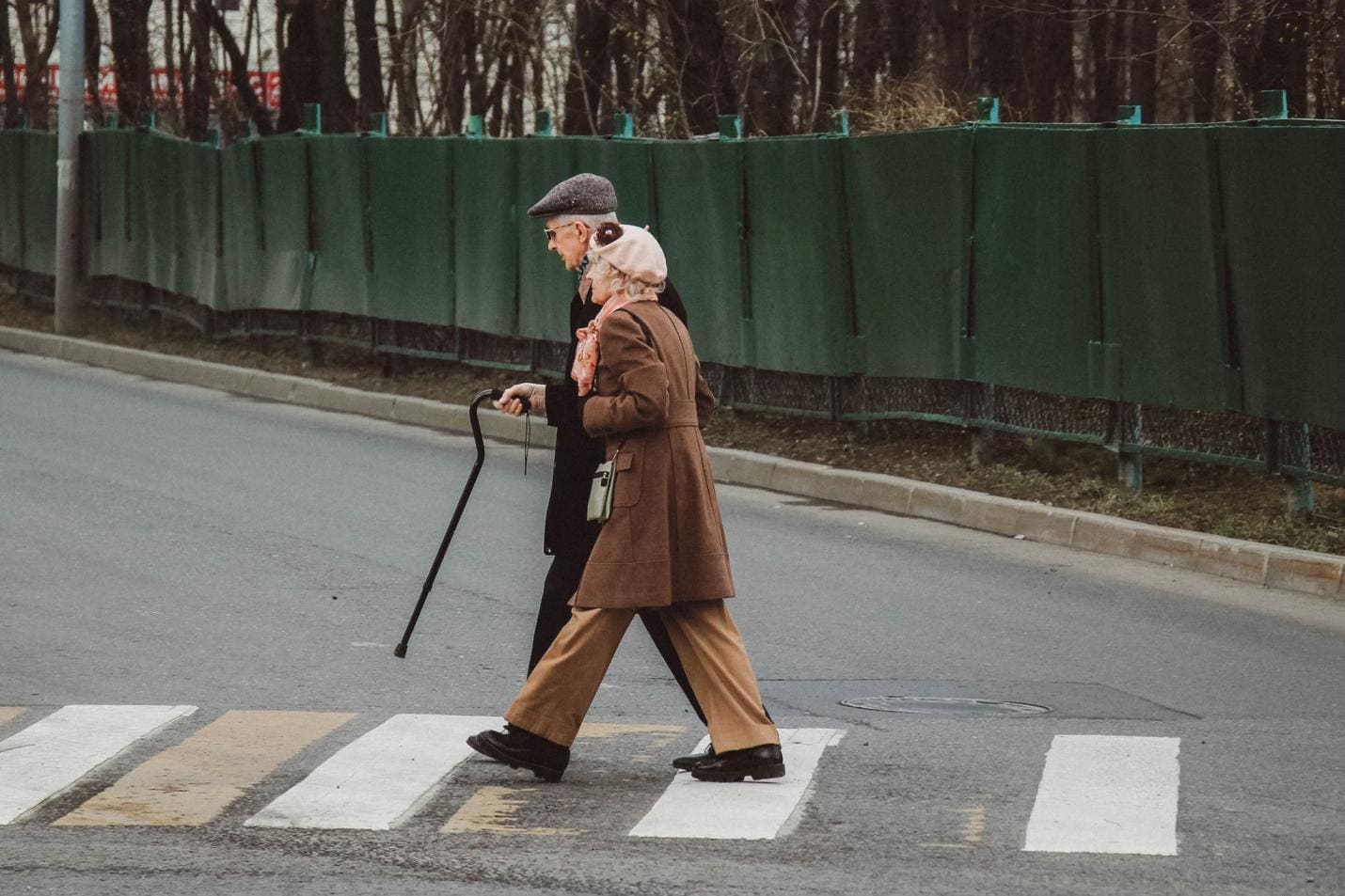Losing a spouse is a life-changing event that can be overwhelming. In the midst of grief, it can be difficult to think about anything else, let alone the legal processes that need to be followed.
After someone’s passing, the probate process is initiated to settle the deceased individual’s estate. Within this, the surviving spouses are given a distinct position. Colorado laws understand the significance of safeguarding the interests and well-being of surviving spouses at such a difficult time.
Let’s take a look at what protections and entitlements surviving spouses are given under Colorado probate law.
Probate in Estate Settlement
As mentioned earlier, probate is the process through which the affairs of a deceased individual are organized and managed. It looks at the validation of the will, confirming the rightful heirs, it states, and oversees the distribution of assets. Without probate to manage the process, estate settlement could be ridden with disputes and confusion.
Assets are carefully assessed during probate, and any outstanding debts are settled. The process sees to it that assets are distributed according to the deceased’s wishes or in compliance with Colorado’s intestate succession laws if no will exists.
Spousal Rights in Colorado Probate
In the context of probate, spousal rights refer to the legal protections and entitlements offered to a surviving spouse. These rights ensure the surviving spouse doesn’t end up in a difficult financial position after their partner passes away.
Colorado law provides several rights to surviving spouses in probate.
Right to a Statutory Elective Share
According to the law, the surviving spouse is entitled to a portion of the deceased’s estate, even if they are not mentioned in the will – or if there is no will at all. Since spouses cannot be disinherited, they will receive a minimum portion of the assets left behind. If the will states they are to receive more than this share, they will receive what is specified.
Calculating the elective share takes into account various factors. For example, the length of marriage and the value of the estate are taken into consideration. This is to ensure that the portion the surviving spouse receives is equitable.
Knowing how to calculate the elective share is necessary for surviving spouses to assert their rights. If you’ve lost a spouse recently and are struggling to handle these technicalities, don’t worry. A Denver probate lawyer can help you with these technicalities during the probate process.
These rights are to safeguard the surviving spouse’s financial well-being.
Right to Exempt Property
Surviving spouses are also entitled to inherit certain property and assets that may be exempt from the probate process. This is to make sure they can maintain their lifestyle and personal possessions.
Right to a Family Allowance
Colorado law also grants surviving spouses a family allowance before the probate process begins. This ensures they have the financial support they need to get through the probate proceedings and take care of their immediate needs.
These rights are set in place to provide the financial and emotional support needed to surviving spouses during the most challenging times of their lives.
Challenges and Disputes
Unfortunately, even in such times, disputes can pop up and complicate things. Though probate is designed to be orderly, it rarely turns out so.
Several factors could give rise to conflicts and disputes related to spousal rights in probate, but some are more common than others.
Validity of the Marriage
There could be disputes around whether the marriage itself was valid or not. For example, if someone suspects the marriage is allegedly fraudulent, such as marriage for immigration purposes, or if one spouse was not considered in the capacity to marry.
Validity of the Will
There may also be issues around the validity of the will. For example, suppose there are any allegations of influence, fraud, or lack of capacity around the creation of the will. In that case, the portion the spouse is to inherit may be brought into question. However, in such cases, if the marriage is proven to be valid, the surviving spouse will still inherit a minimum portion of the property.
Disputes Over Asset Ownership
Sometimes, disputes arise when disagreements about the ownership of specific assets. When spouses have separate property and marital property, there may be questions about which of the two categories a specific asset falls under.
Claims by Creditors
If the deceased spouse had any outstanding debts, creditors might file claims against the estate. To ensure their rights are protected and that they receive their fair portion of the estate, surviving spouses may need to manage these issues.
Asset Valuation Disputes
Surviving spouses may sometimes disagree with the valuation of the assets, which could cause disputes. This is especially true if there are any complex or unique assets to deal with.
Challenges to Spousal Rights
In some cases, other heirs may challenge the statutory spousal rights of the surviving spouse. This could be around the elective share calculation, or in a more serious situation, may even argue that the surviving spouse should not receive exempt property or family allowance.
Guardianship & Conservatorship Disputes
Suppose the surviving spouse is also responsible for the care of minor children or incapacitated family members. In that case, there may be disputes over guardianship and conservatorship arrangements, making the process even more complicated.
Bourassa Law Group Provides Legal Counsel for Surviving Spouses
If you’re looking for support around probate, a Denver estate planning attorney can help you out. Having a legal expert by your side helps you protect your rights and interests during a difficult time.
Contact the Bourassa Law Group today to schedule a consultation with our dedicated estate planning lawyers in Colorado. We are here to guide you through the intricacies of the probate process, offer expert legal advice, and advocate on your behalf to ensure a smooth and fair resolution of your loved one’s estate.
Don’t face the probate journey alone—let us be your partners in securing your future. Reach out to us at (800)870-8910. Your peace of mind is our priority.





